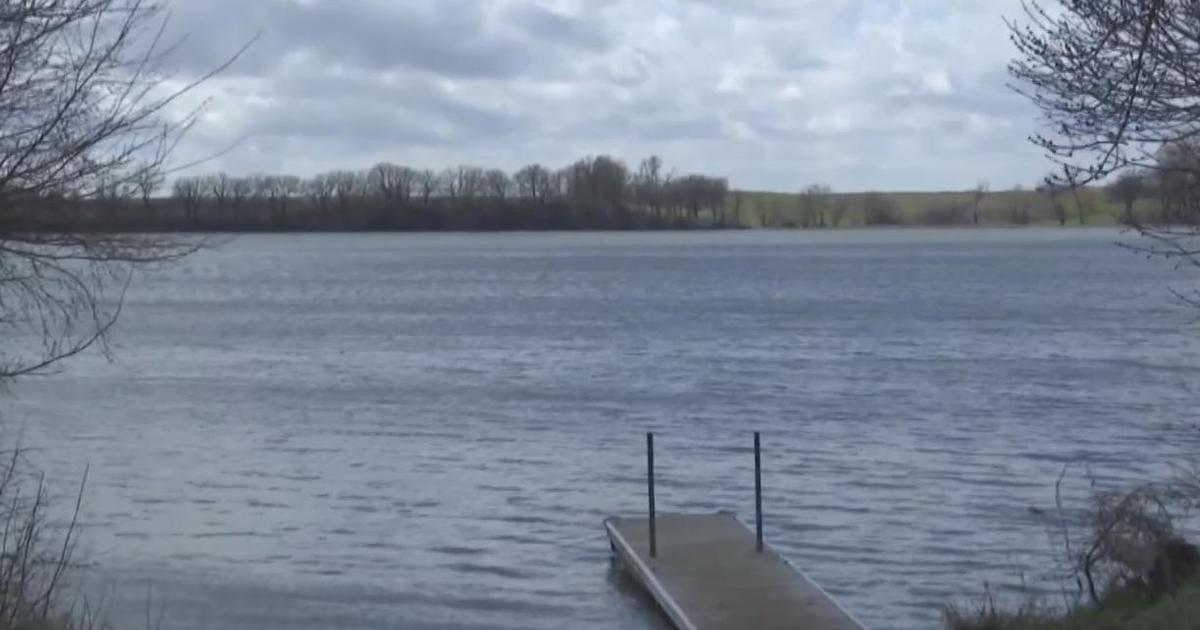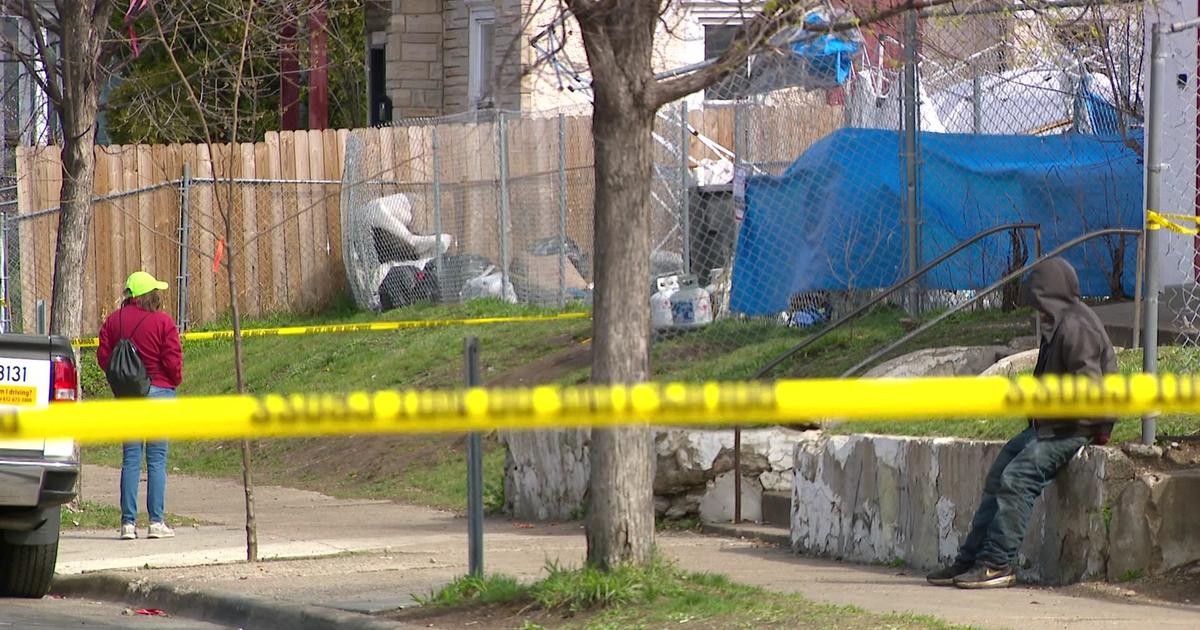Good Question: 'Reply All' On Tsunami Questions
MINNEAPOLIS (WCCO) -- Since the earthquake and tsunami hit in Japan, WCCO viewers have been sending in dozens of Good Questions. Jason DeRusha hits reply all.
- How does a tsunami start? - Joey Stepnick
"A tsunami starts when there's a very specific type of earthquake," said WCCO Meteorologist Mike Augustyniak. "It's when one tectonic plate ... goes under another in a real jerky motion."
That sends ocean water out of whack as it tries to find equilibrium. Huge waves start moving at 400 and 500 miles per hour -- faster than an airplane.
"In the middle of the ocean, where there's 10,000 feet of water beneath you. ... It's really energy that's traveling through the water," said Augustyniak.
By the time those walls of water hit the shore, they're slowed to more like 40 miles per hour.
"All of that energy from the wave has to go somewhere. It can't burrow into the ground so it actually lifts the water up and creates the wave," said Augustyniak.
-Why does the water pull back from the shore? - Denise in Hudson
"That's the water actually gathering to make the tsunami wave," said Augustyniak.
It's like dropping a boulder in a swimming pool. Before the waves crash over the edge, the water gets pulled towards the center.
-Is there a difference between tsunami and tidal wave? - Bob Moffit
Tidal wave is the colloquial term for tsunami. But it's not accurate because the tides have nothing to do with a tsunami. That's why in 1963 the scientific community stopped calling it a tidal wave. Tsunami literally means harbor wave in Japanese.
-If an earthquake hit in Lake Superior, could there be a tsunami? - Craig in Lino Lakes
The answer is yes, and it actually could be more devastating than in an ocean. That's because in Lake Superior, it would trigger underwater landslides which could send incredible waves hurdling towards the shore.



